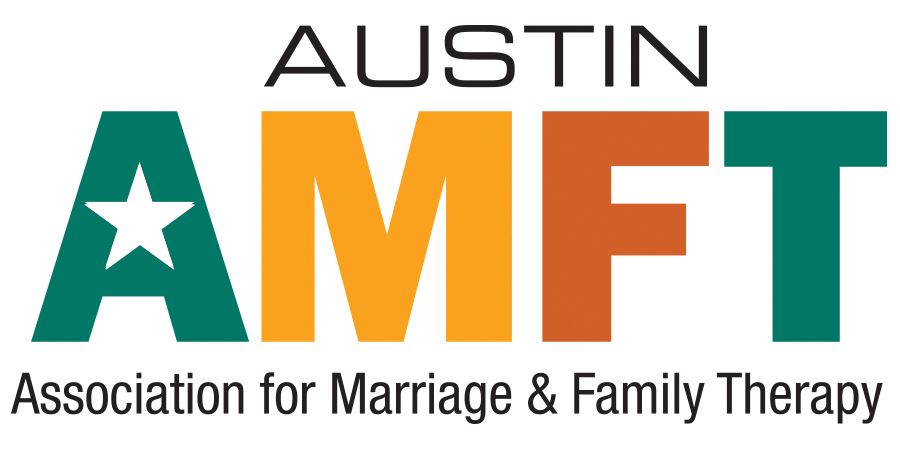- Home
- Burnout Among Mental Health Professionals: An Ethical Problem with a Creative Solution
- Austin AMFT only accepts online payments at this time.
- If you are a member, please be sure to register while logged in to your member account so that your member discount is applied. No refunds will be issued if you are a member and do not sign up under your membership.
- Please note that there are no refunds for cancellations within 24 hours of the event.
Have questions? Visit our FAQs page.
